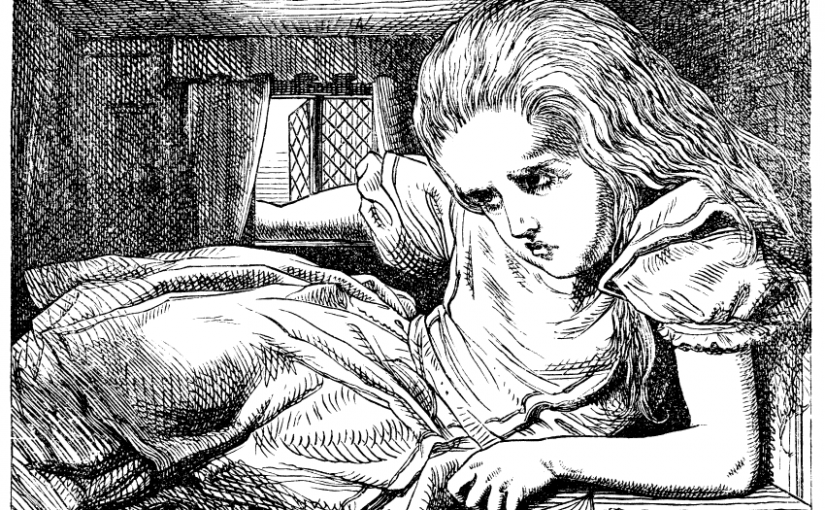Romanticized ideologies of current foodie culture are founded on 19th century racism and bourgeois economic status. These practices hold some bodies as superior to others, therefore excluding the majority of the world’s population from markets advertised with words like “local” and “organic.” The capitalization of the language itself makes social values-based food markets unattainable to anyone who doesn’t have access to the corresponding dollar-value.
In Racial Indigestion, Kyla Wazana Tompkins emphasizes the role of the mouth. This quarter, my project keeps the mouth at the center of the conversation. I will write about the use of the mouth: who has been historically allowed to use it and in what ways? In Western society in particular, those who have lead food activist movements have been the ones to benefit the most from their results. Upper-class food values center around health and nutrition and hold foodie language closely as a new form of status.
What we eat and what we speak about will help us control the future of our global food economy. This project dismisses the idea of “voting with one’s fork” but instead encourages the communal act of eating and conversation that listens to those who are historically excluded from the conversation about eating.
The name of my ILC, “Eat Me: Altering Our Perceptions to Taste through the Growth of Food Activism”, is inspired by Lewis Carroll’s Alice in Wonderland novels. In the books, class conflict in the 19th century is represented through food and Alice’s changing in size as she eats the treats that say “eat me” and drinks the liquid vials that say “drink me.” Alice is neither a part of the nobility or working class but holds a social identity where she is comfortably unaware of her privilege. Food is imperative to Alice’s understanding of the other. With her change in size, she is forced to have her socio-economic identity questioned. Carroll’s writing suggests that by her constant change of sizes, she experiences what it is like for someone who does not have her social wealth.
In the past four decades of foodie culture, it is people like Alice who have controlled the Western conversation about food without taking into consideration the size of their own mouths. It is time for the world’s Alices to step back from leadership positions within the food movement, to stop trying to find food security solutions for those who she knows nothing about. It is my hope that the conclusion of this project will emphasize the power of activism lead by the constituent as opposed to organizations that merely advocate.
